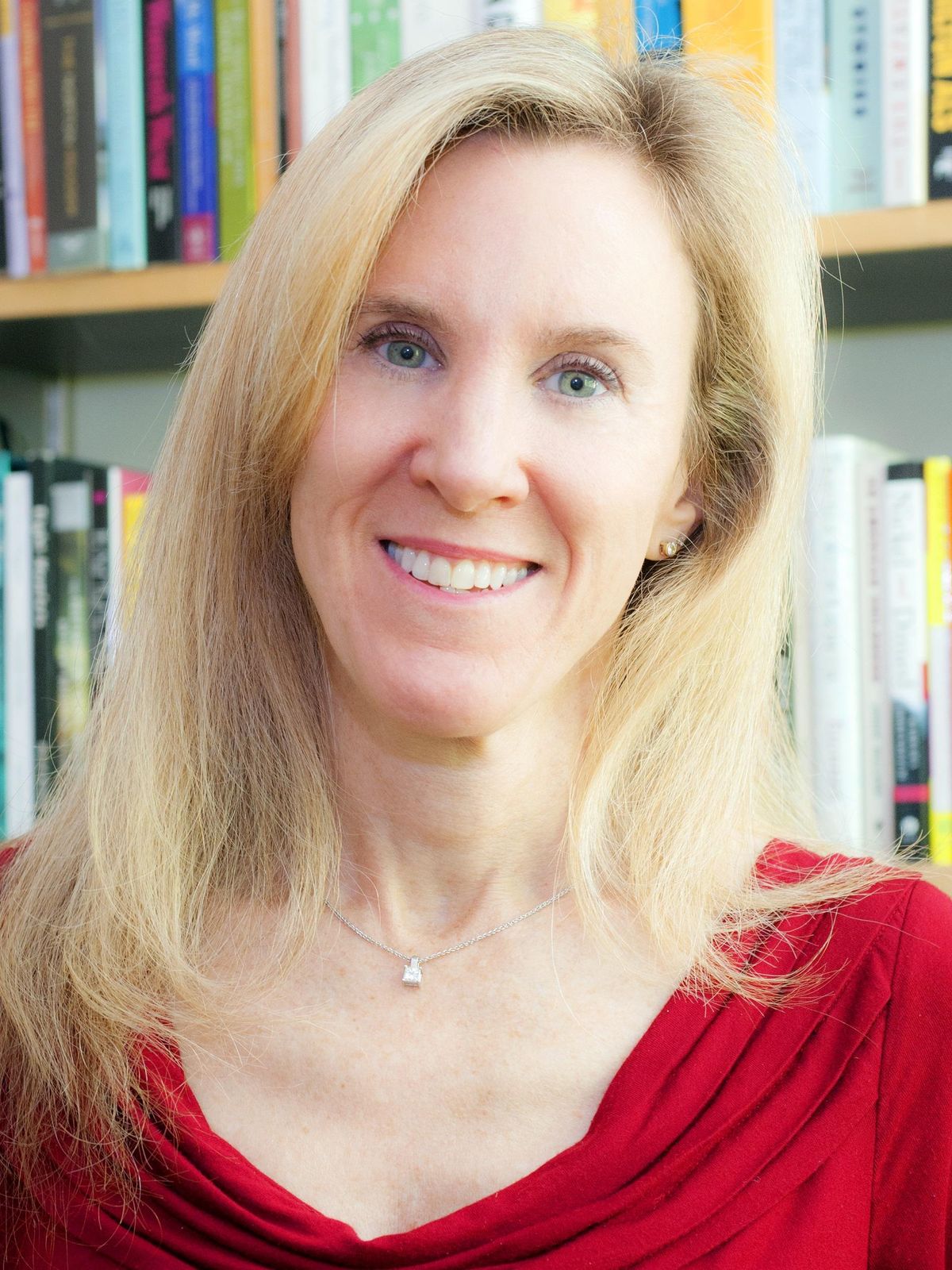Everything is copy: Elegy for a friendship

In the wake of the 2016 election, I lost a handful of Facebook friends – mostly people I’d never met – and one real friend.
That tells you something about how carefully I’ve curated my social circles. Like most Americans, I tend to hang out with people who have the same values and prejudices as me. Like many Americans, I often find myself in situations – work-related or business transactions – where conversations about national politics are easily avoided and we can have pleasant interactions without exposing our differences. (The weather! “The Bachelor”!)
In the weeks after the election, I couldn’t read the national news or look at social media. Instead I buried myself in mystery novels and binge-watched “The Real Housewives” of three different cities. I took my dog for runs and cried myself to sleep.
One of the things that brought me real pleasure was taking horseback riding lessons. A week or so after the election, I went to the barn and was told by my instructor, a man I had come to think of as a friend, to cheer up. He proceeded to explain the political situation to me. “This is the way many of us felt eight years ago,” he said.
Foolishly, I engaged.
Finally, to keep the peace, and what was left of my sanity, I said, “I can’t have this conversation right now.”
He roared, “It’s my barn, and I’ll have any conversation I want.”
Of course, he was right. And our friendship was over.
While plenty of people – nearly a third of Americans – don’t share my view of the sitting president, I read enough to hear their side of things. But I choose to limit my personal interactions for minimal unpleasantness.
In the weeks after the election, I told like-minded friends I didn’t want to talk about it. Nothing anyone said brought me solace and getting myself riled up did no good. When I confessed to ignoring the news, younger friends found my attitude irresponsible and implored me to keep up. Ah, youth, I thought.
It’s not my place to tell anyone what to think or how to live. In my college classes, we read books that address the experience of African-Americans, immigrants and poor whites. Books about war, peace, justice, love, and death – topics that matter, issues that affect us all. I believe my work as a professor fuels the engine of democracy. Literature helps us to live. Making sure students know how to read and write, teaching them to distinguish between real news and fake, is a good way to keep our country’s values alive.
In the weeks after the election, I read and reread Lincoln’s Second Inaugural address. While the language and courageous conviction transported me, it gave me no hope for our present situation. We are, I fear, on the brink of another terrible civil war and I’m wondering who will emerge brave and strong enough to lead us away from it.
My great-grandfather’s arm was tattooed by the Nazis. From a young age, I believed that “never again” would be a certainty. I understood that those who don’t remember the past are condemned to repeat it, but the possibility of forgetting the horrors of Klan rallies or segregation was inconceivable. Until now.
Since November, we’ve heard about echo chambers and bubbles. We’ve watched people march, have marched ourselves, have carried signs and have put fingers in our ears trilling La la la I can’t hear you. We have screamed at each other and wept silently.
People on my side feel righteously that those others – whose bad behavior has been sanctioned by the man they elected president – are at fault. So many of us were unaware of the depth of anger that exists in our country. I think of the riding teacher who privileged his property rights over respect for my feelings and see our last conversation as a sign of how much I’d missed; we were farther apart than I realized. He would make racist, sexist and homophobic jokes, which we both pretended he didn’t believe. My silence in the face of these cracks was inexcusable, a missed opportunity. What, I wonder now, was he so afraid of that he needed to bolster himself in this unconscionable way?
Now I know I must try to understand the fears of those who can look at the same information and come to diametrically opposed conclusions. I need to be robust enough not to avoid people whose ideas feel threatening and engage in discussions that may lead us to common ground. I need to believe in the moral goodness of humans and seek connections with those brought up differently.
In the photographs from Houston, we saw people coming to the aid of strangers. It shouldn’t take an epic natural disaster to remind us to be compassionate. There may be an Ark to save the one-percenters, but the rest of us are all in this mess together.
Rachel Toor is a professor of creative writing at Eastern Washington University. She is the author of one novel and five books of nonfiction.